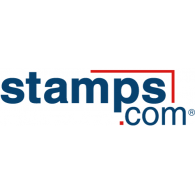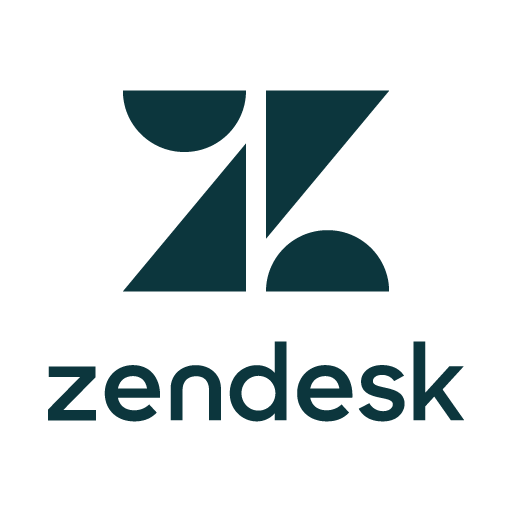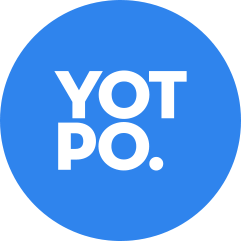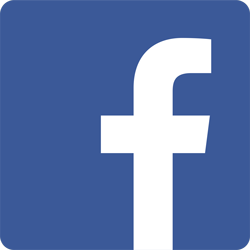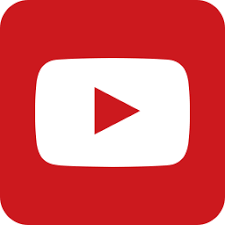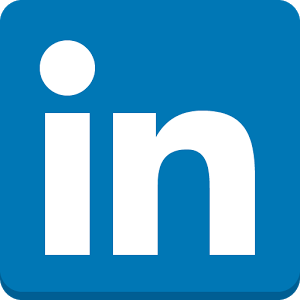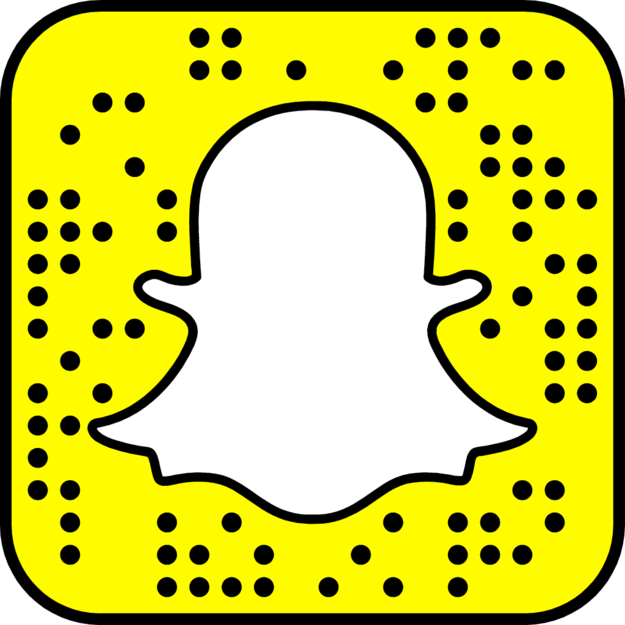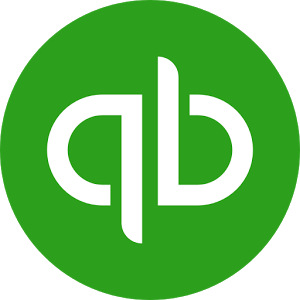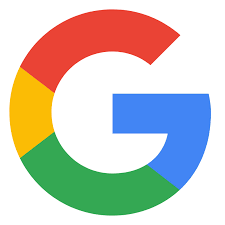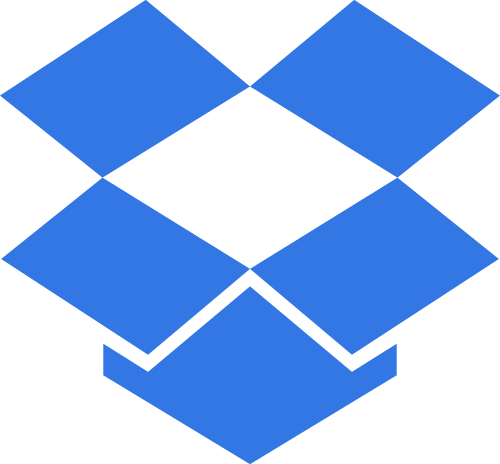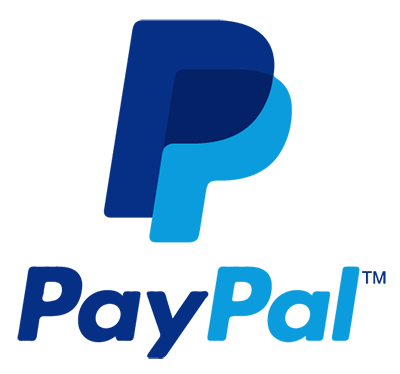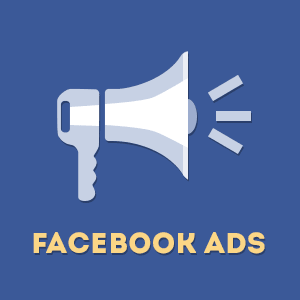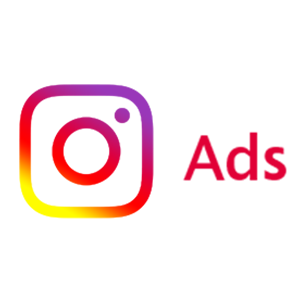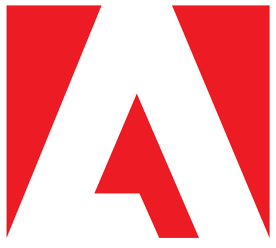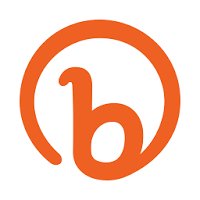On Creating A Probiotic Beverage Brand And Growing 20% MoM
I’m Zack Abbott, a PhD microbiologist and founder of ZBiotics. I started this company in an effort to bring genetic engineering directly to consumers. At first I was inspired by the idea to leverage edible probiotic bacteria as a way to engineer new biological functions into the body. As I looked into it more, I got more and more frustrated with how the industry around “natural foods” was intentionally manipulating people and fanning the flames of fear for their own profit (e.g. you can find “non-GMO water” in the grocery store these days). While it is undeniable that some companies have used GMOs irresponsibly, criticism should be levied at those companies, not the technology. Many companies are doing amazing things for humanity and the environment using genetic engineering, but they are afraid to advertise that they use this technology to build their products, despite their undeniable benefits. And other companies are committing to less efficient and less sustainable practices just to bow to consumer fears around GMOs -- fears that are fanned by companies that have a vested interest in consumers rejecting this technology outright. It disturbed me, and I saw an opportunity to try to stand up for the potential of GMOs by applying the technology to products that could directly benefit consumers in ways they’d never seen before.
To that end, our first product, which we launched in August 2019, is a beverage containing a probiotic genetically engineered to break down acetaldehyde -- a toxic byproduct of drinking alcohol -- so you can feel better the day after drinking. We essentially took a biological function of your liver and engineered it into a probiotic bacteria that can execute that function in your gut, where a good deal of acetaldehyde is initially formed. Not only does our product provide a function that has never been leveraged before (actively breaking down acetaldehyde), but also it is the world’s first-ever genetically engineered probiotic of any kind. And we offer this to the consumer with full and proud disclosure that it is a GMO doing this work for your body and providing you this benefit. The hypothesis is that if we provide a real benefit, and we’re transparent with consumers about how and why genetic engineering was used, they will be more receptive and rational in their evaluation of the product and the technology. Since launching 8 months ago we’ve seen very high customer satisfaction and retention, and >20% growth month over month; data points we take in support of that hypothesis.
What's your backstory and how did you get into entrepreneurship?
I grew up in Sacramento, California, and as a kid I always had a passion for science. I used to dress up as a scientist for Halloween, and I would read biographies about famous scientists and inventors for book reports. When I went to UC Berkeley for college, I knew I loved science, but I wasn’t really sure what careers were available to a scientist. I had not even considered entrepreneurship, and I didn’t have a clear focus or direction. I ended up taking a lot of classes in several different majors and had trouble finding the right fit for me. I’ve also had a lifelong interest in classical history (probably in part inspired by a summer living in Rome with my grandparents as a 12-year-old), and all the while that I was cycling through different science majors I was also taking several classics classes for fun. By the time my junior year rolled around, I was well on my way inadvertently to a classics degree but only about 20% of the way to about three different science degrees. So I decided to complete my classics major, and also just pick a science major and get it done. I went with immunology because I knew regardless of what I wanted to do, I was very interested in infectious disease and had plenty of opportunity for impact there.
You constantly have to put out fires and deal with never-ending pressure and the feeling like you’ve never really made it yet and you need to keep pushing over that next hill to that next milestone.
After I graduated, I still didn’t really know what I wanted to do. Classics was fun, but I thought of it more as a hobby or interest than a career. I was serious about science, but I didn’t know what I was really supposed to do to “be a scientist”. No one in my family was a scientist, and most of my friends who had majored in science were on their way to medical school, which I knew was not an interest for me. A PhD wasn’t even on my radar. I ended up bouncing around a few different jobs (construction, bartender, lab technician for an environmental chemistry testing company) before a friend helped get me a job as a research assistant at a lab at UC Davis studying HIV. I had always been interested in infection and disease, and working in this lab and seeing what it was like to do research helped bring a path into focus. I liked the discovery aspect of research, but I knew I wanted to use science to solve problems for people. I wanted to cure diseases or make products that people could use. So I decided to pursue a PhD in microbiology with the goal of pursuing some kind of career outside of academia after grad school.
I ended up going to the University of Michigan for grad school and found my way into a thesis project studying how bacteria regulate their genomes. It was fun and fascinating, and I became amazed with how incredibly adaptive bacteria are. As much as I enjoyed my academic research, I knew more and more strongly as I went through my PhD that I wanted to use science to make something useful that could affect people’s lives directly. I still hadn’t seriously considered entrepreneurship or starting a company myself, but I thought that the best way to have a real impact was to maybe work at small biotech or something that gave me the opportunity to directly apply my skills and input to a commercializable solution.
After my PhD, I went down to Miami for a year and worked at a company designing clinical trials for drug companies. I had the opportunity to work with big pharmaceutical companies, small 3-person biotech companies, and everything in between. I learned a ton about how the FDA regulates drugs and all of the business considerations that go into bringing a new product to market. I learned what it was going to take to make something that people could actually engage with. While I was working there, some co-workers ended up getting into a startup accelerator called Y Combinator to start their own company. I had previously told them about an idea I had to genetically engineer probiotics to solve everyday problems of human health, and after they left they kept pestering me and encouraging me to apply to Y Combinator with my idea. After months of them bugging me, I eventually thought, “why not? I’ll just apply for fun, and if I don’t get in, no big deal.” I applied, got accepted, thought about it for roughly 16 hours, then gave my two weeks and ZBiotics was born.

Take us through your entrepreneurial journey. How did you go from day 1 to today?
When I started ZBiotics, it was just me and an idea. Y Combinator had a fellowship program that invested $20,000 in new startup ideas with the goal of helping entrepreneurs get early-stage ideas off the ground. I took that $20,000 and spent the next 3 months building the foundation of the technology for the company. A lot of this was done essentially for free by doing research online: reading science papers, looking at market opportunities, strategizing, etc. I naively thought that I could get a lot more done in 3 months with $20,000 than what was actually possible. All I really ended up doing was identifying a very reasonable strategy to build genetically engineered probiotics, mapping out a somewhat overly optimistic path to market (the path ended up being pretty correct, but the timeline was about 4x too short!), and learning how to clearly articulate my vision for the first product and the long-term mission of the company. Everything else I did in those three months was pretty much useless. But with those three things under my belt, and thanks to an amazing network of investors I was introduced to through Y Combinator, I was able to raise enough money to get some proper lab space and give myself another year or two of runway.
So I moved back to California, rented a bench in a coworking lab space, and got to work. For the next year I focused almost entirely on actually building the underlying technology and applying that technology to our first product. Honestly, it was probably the phase of the company I enjoyed most: I just put my head down and did the science. I understood the science, and I knew with enough time I could get it to work. I frequently spent literally 24 hours a day in the lab. When I first moved out to California, my lab space was in Berkeley, but I didn’t have an apartment or anything (and didn’t want to burn money paying myself enough for a Bay Area apartment), so I would stay with my parents in Sacramento on the weekends and literally sleep in the lab during the week. I’d either sleep under my lab bench or in a conference room after everyone else left and then shower at a local gym in the morning. But it was actually really fun! I was singularly focused and every ounce of effort I put into it -- every hour I spent in the lab -- was in pursuit of building my dream.
Almost exactly a year after I started ZBiotics, I had the prototype for our first product in hand. I had a probiotic bacteria that was genetically engineered to constitutively and robustly break down acetaldehyde using a strategy very similar to one your liver uses. It had performed well in lab tests, so obviously, the next step was to test it on me, which ended up going quite well. After a few more tests I was ready to concede that I might have something worth commercializing. Obviously, more actual testing was needed, but beyond that, I knew that bringing the product to market would require regulatory work, IP, manufacturing, packaging, branding, a website, a supply chain, more fundraising, and a bunch of other things I knew nothing about. In short, I needed some help. I needed a co-founder.
I was very lucky to be introduced to my co-founder Stephen through the Y Combinator network. He was just finishing up a JD/MBA program and looking for possible opportunities in food or agriculture. I managed to convince him to join on as my co-founder and help turn my science experiment into an actual business. We spent the next two years blazing a trail to bring the world’s first genetically engineered probiotic to market. We ended up doing the core Y Combinator program in winter 2018. We raised more money (it helped being able to walk into meetings with a prototype that investors could try). We filed patents. We set up a supply chain. We put together the necessary safety data. We designed packaging and branding and flavor and form factor and so many other marketing things that neither of us had any experience doing before… We brought on another scientist to develop new genetically engineered probiotics for other use-cases, and we hired a head of marketing to help us launch the first product and figure out how to market it.
And then in August 2019, we released the world’s first genetically engineered probiotic. We grew to 6 employees. We built a pipeline of products in various stages of R&D. We spent the first two months on the market trying acquisition channels that didn’t work, but still growing by word of mouth in spite of our best efforts. We finally found some channels that worked, and growth kept happening. We’ve been on the market now for 8 months and we’ve seen solid growth. We’ve interviewed or surveyed hundreds of customers and are getting a clear picture of who they are and why they love our product. We still have a long way to go, but things are just starting to click into place. And we have two prototypes for new products in hand and are excited about where we are headed.
How are you doing today and what does the future look like?
Advertising and referral have been amazing growth drivers for us. However, COVID-19 has thrown our business a curveball without a doubt, so we’re looking to expand into a few more channels earlier than we’d originally anticipated. While we’d originally planned to remain exclusively direct-to-consumer for a while, we’re exploring some retail and wholesale partnerships that could make sense and provide us with better access to customers. In addition, there are a few international markets that we might consider accelerating over the next few months. Also, we have been very excited about some new applications of our technology that we’ve been building over the past year, and we’re in the process of filing patents in order to commercialize them. We’ll likely be announcing those products soon.
All this is in service of our mission: to use genetic engineering to make products that benefit people’s lives. You can program pretty much any biological function into a bacteria, and then if you eat that bacteria you can temporarily gain that function. We see a future where there are probiotic bacteria that are engineered to do all sorts of things that benefit your life. We launched the first one eight months ago, but we know it won’t be the last… by us or others. We are building a new category, and our efforts are not in service just to a probiotic to make you feel better the day after drinking, but to a world in which we leverage the power of genetic engineering to make people’s lives better.
Through starting the business, have you learned anything particularly helpful or advantageous?
There is literally an endless pile of work, and an even more endless pile of emails that will never ever go away. Prioritization, to-do lists, organization, and ruthless discipline not to get distracted by inbound requests on my time is essential just to keep my head above water. I’m still not great at it, but learning to say no to things and let them go in favor of the opportunities and tasks I’ve identified as important before the inbound demand popped up to distract me is necessary to get anything done.
Also, it is a cliche but also a very real thing that everything that can go wrong will go wrong with a startup. Surviving is about planning for every disaster and turning each failure into an opportunity. For instance, we spent a year working with a manufacturer to get our process scaled up and food-grade and all ready to go for launch. We invested a lot of money into engineering runs and developing SOPs and all sorts of things. And then one month before we were supposed to launch, they shut down their facility with absolutely no warning. Literally all of the time and money was completely wasted. However, while we had no idea that this facility was anything but 100% stable, we had luckily been in discussion with another facility to potentially bring on as a backup, just in case a disaster happened. We were able to take all the protocols and SOPs and learnings from the first facility and get our backup up and running in 2 months, causing only minimal delays. It was lucky, but it was also planning for disaster that allowed us to recover quickly.
What platform/tools do you use for your business?
We use Shopify for our eCommerce site. Drip for our CRM. Hotjar for behavioral analytics. Zendesk for customer service. Yotpo to collect customer reviews. Upwork to find freelancers for small website development tasks and content stuff like voice-over actors.
We mostly do collaborative work using google sheets/docs and Dropbox Paper. Generally, we’re still pretty small, so while all of these things are extremely useful and necessary for us, we haven’t really tapped into the full functionality of these tools and platforms.
What have been the most influential books, podcasts, or other resources?
Honestly, I don’t do a lot of entrepreneur-focused reading or listening to podcasts. I probably should, but usually, by the time I’m done with a long day, I like to shift my brain to other things besides business. However, I’ve always found biographies and the accomplishments of others motivating.
Books like Walter Isaacson’s biographies of Da Vinci and Einstein are great ways to be inspired and uplifted by geniuses who changed the world.
Advice for other entrepreneurs who want to get started or are just starting out?
A lot of people say “just get started! You’ll figure it out as you go.” And that’s true. But I think what entrepreneurs don’t always appreciate (or at least I didn’t) was that I didn’t “just start”, even though it kinda seemed like that in hindsight. I have to remind myself that the idea for ZBiotics started to develop in my head almost 10 years before I actually started the company. I couldn’t shake it. I just kept coming back to it, and it kept churning around in my brain. By the time I actually started ZBiotics, it was almost as if I didn’t have any other choice but give this idea a shot.
Being a founder is so much more about failure than it is about success. You have to make so many decisions, and you’re going to make the wrong choices a lot. By definition, you’re doing something new, and so there is no playbook. You constantly have to put out fires and deal with never-ending pressure and the feeling like you’ve never really made it yet and you need to keep pushing over that next hill to that next milestone. If you aren’t obsessed with your idea, then all that failure and never-ending pressure will crush you. So make sure you believe in yourself and your idea and your co-founders so strongly that you can’t imagine NOT getting started. Don’t start a startup; let the gravity of the idea pull on you so hard you can’t do anything else.
Where can we go to learn more?

Download the report and join our email newsletter packed with business ideas and money-making opportunities, backed by real-life case studies.

Download the report and join our email newsletter packed with business ideas and money-making opportunities, backed by real-life case studies.

Download the report and join our email newsletter packed with business ideas and money-making opportunities, backed by real-life case studies.

Download the report and join our email newsletter packed with business ideas and money-making opportunities, backed by real-life case studies.

Download the report and join our email newsletter packed with business ideas and money-making opportunities, backed by real-life case studies.

Download the report and join our email newsletter packed with business ideas and money-making opportunities, backed by real-life case studies.

Download the report and join our email newsletter packed with business ideas and money-making opportunities, backed by real-life case studies.

Download the report and join our email newsletter packed with business ideas and money-making opportunities, backed by real-life case studies.



